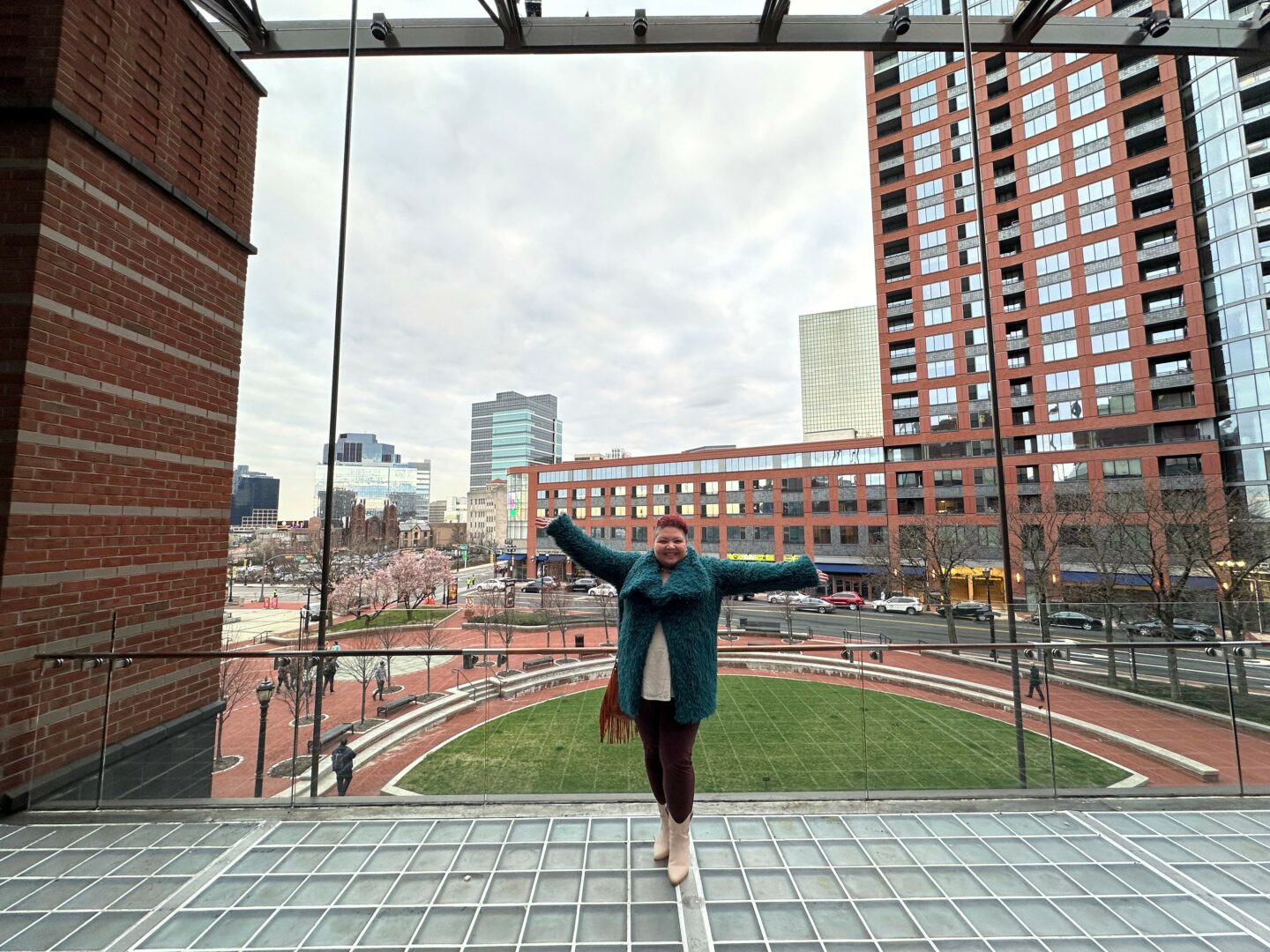We caught up with the brilliant and insightful Ysabel Y. Gonzalez (she/her) a few weeks ago and have shared our conversation below.
Hi Ysabel Y., so excited to talk about all sorts of important topics with you today. The first one we want to jump into is about being the only one in the room – for some that’s being the only person of color or the only non-native English speaker or the only non-MBA, etc Can you talk to us about how you have managed to be successful even when you were the only one in the room that looked like you?
I’ve worked over ten years in the arts administrative field and another ten years in higher education–and it can be daunting when you are the only one that looks like you. And as I have climbed the ranks, particularly in the literary arts field, it is very rare to see marginalized folks, particularly from the BIPOC, queer or disabled communities in leadership roles. As a Latinx, neurodivergent woman in a big body, it is not often that I find someone in the room that holds similar experiences; however I have used that to my advantage–I often have a singular and unique perspective that can contribute toward strategizing and even producing events. I’m often able to lift up vulnerable communities’ needs and experiences which benefits a whole lot of people. I was raised by two radical Puerto Rican parents who were also often the only ones that looked like them in the room, both working many years in higher education–so they modeled, by example, what it looks like to advocate for our communities. It still doesn’t come easy–to often be the only person in the room with a singular viewpoint–and some people in my circles call me brave, but I really don’t see it that way. I look at it as a necessity and I look at it as my responsibility to ensure my voice be heard. It’s scary to think about how folks might respond, so instead of focusing on how people might react, I focus my energy on my intention, the need and ultimately, the impact it could potentially have. What I have found most effective in communicating points, is 1) sharing thoughts with compassion and using intentional language 2) being clear, strong, and direct 3) using repetition if I’m not understood or heard the first or second time. Yes, it takes some assertiveness explicitly tied to kindness, and it takes some care and patience. Ultimately, the results can be breathtaking and generous.
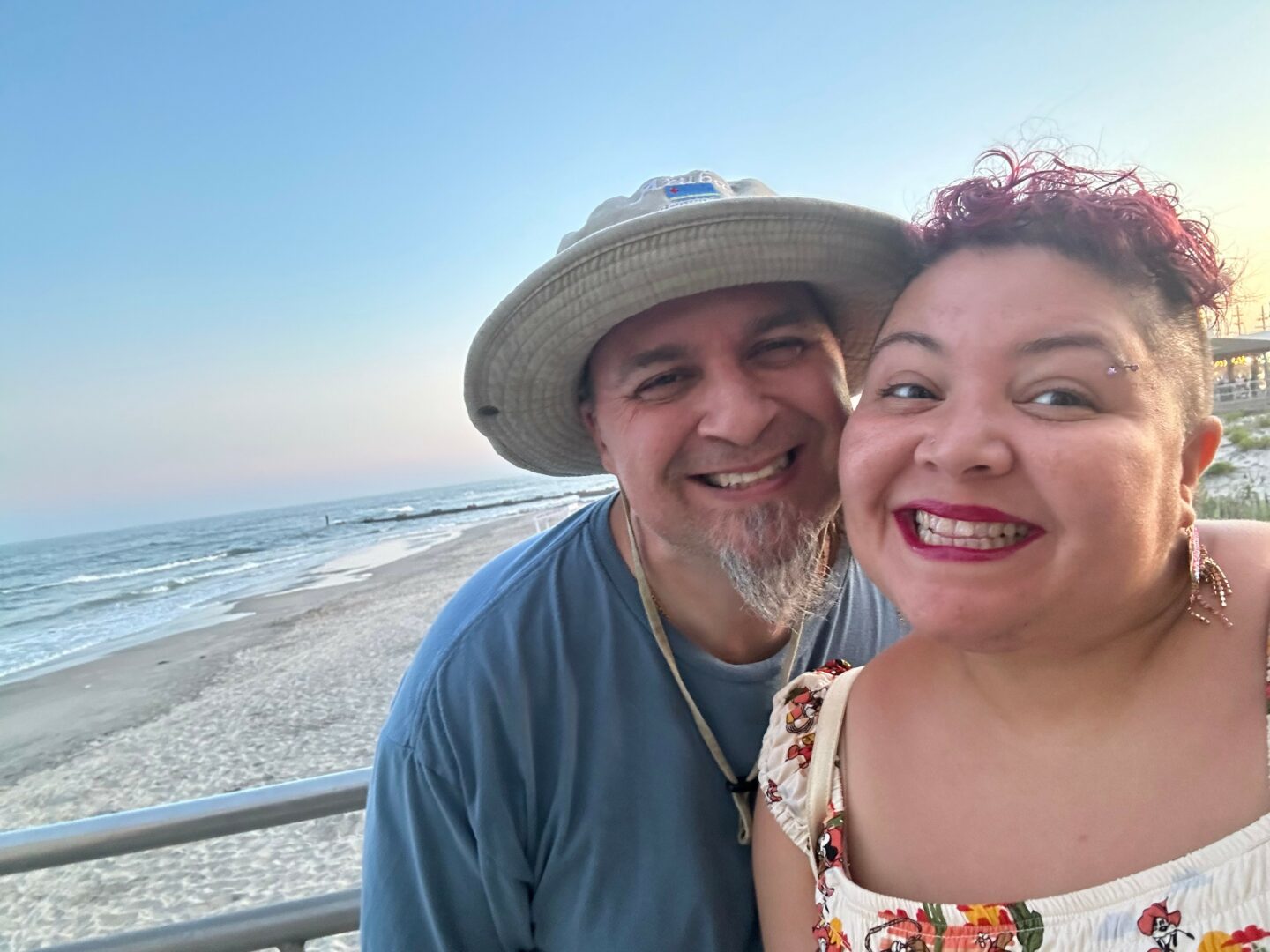
Appreciate the insights and wisdom. Before we dig deeper and ask you about the skills that matter and more, maybe you can tell our readers about yourself?
I’m very lucky to be a practicing poet who also works in the literary arts and am one of the artistic directors & producers of Dodge Poetry, a nationally recognized program of which most folks know is the Dodge Poetry Festival, now housed at the New Jersey Performing Arts Center in Newark, NJ. Newark is where I was raised, and is also home to the great Amiri Baraka (poet and activist) and son, the Honorable Mayor Ras J. Baraka, (poet, politician and activist). The city is such a special place in the U.S. and is a perfect example of how a community can use poetry, and the arts, as a catalyst for social justice and movements. As a practitioner, producer, and activist, it is my responsibility to use the literary arts to change lives and minds. As a Latinx who believes in Black Lives Matter and believes in trans rights, and better accessibility/wellness for disabled communities, I know that to simply say these mantras is NOT enough. Every day, I work to produce events that showcase these voices and experiences because these great American narratives need to be shared.
I also have learned how to focus on self-care so that I can continue this great work. We often forget, as marginalized voices, that taking care of our mental, physical, and spiritual self, is crucial to activism and helps us stay strong so that we can care for our communities. I am a big believer in meditation, rest & relaxation, and sleeping 8+ hours to help keep the core of me fit to continue to advocate and program for our causes. I also refill my cup by spending time with my husband, time with my writing communities, and away at writing retreats throughout NJ (I just spent one long weekend down by the Jersey shore, and another by Atlantic City). And I spend a lot of time with my cat, Bandit, and my dog, Elliott, who are like my service animals and rejuvenate me every day.
Another thing that’s important me more than ever, while more and more vulnerable communities’ stories are at stake of being erased, is being in community. Being in fellowship–whether it’s writing retreats, socializing, dancing together, breathing together–is what will continue to offer strength and remind ourselves that we are NOT alone. I urge everyone to find your communities. There are so many good people and good organizations doing important work that can offer strength–let’s continue to stay connected.
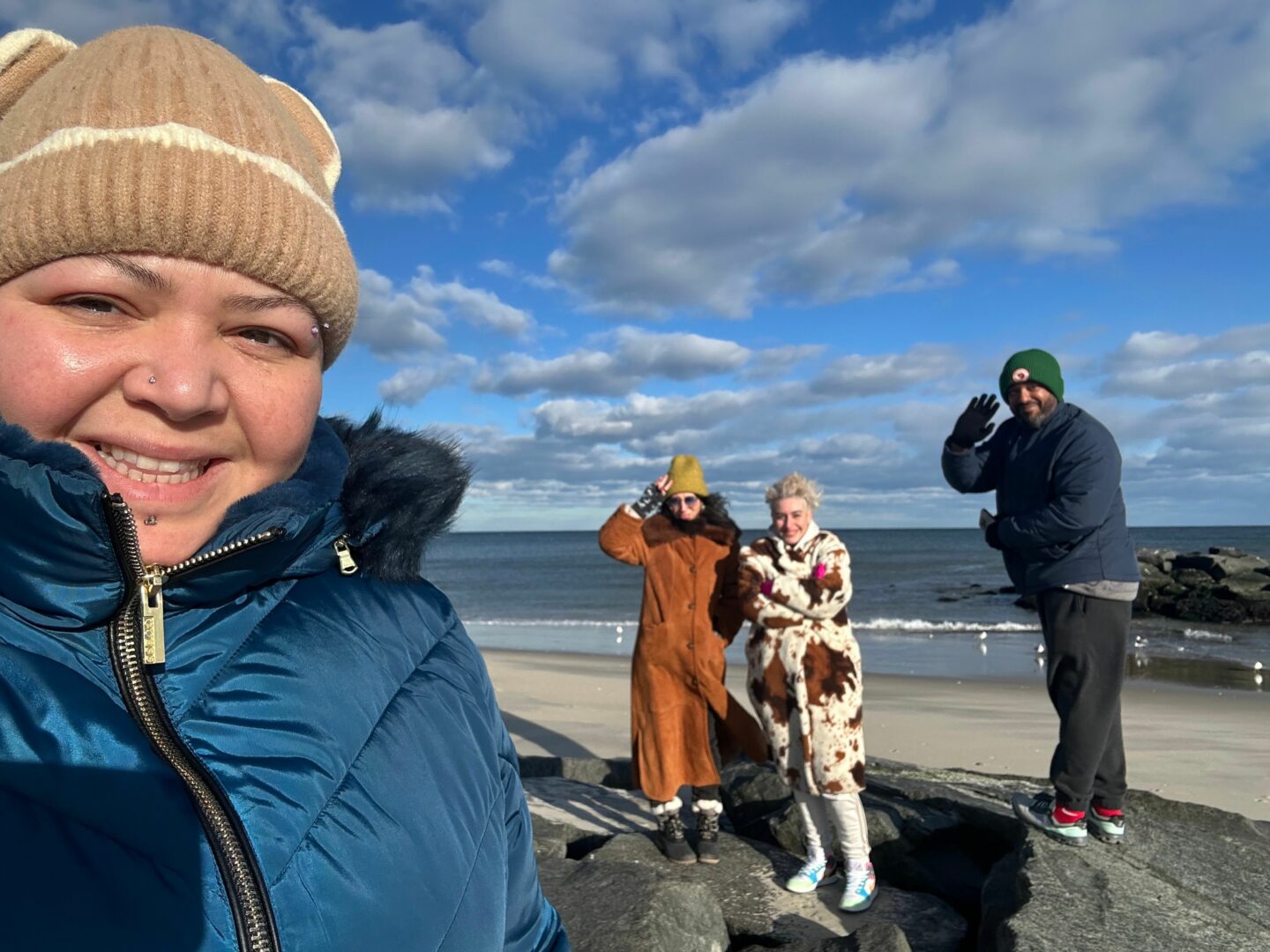
Looking back, what do you think were the three qualities, skills, or areas of knowledge that were most impactful in your journey? What advice do you have for folks who are early in their journey in terms of how they can best develop or improve on these?
1) Reaching out to established artists & activists who are in the field. There have been so many generous artists & activists that have offered me guidance and support back when I was an emerging artist and emerging administrator. Don’t be afraid to connect with those you admire whether it’s asking them if they’d like to grab a cup of coffee or simply sending them an email sharing how much you’ve been moved by their work. You’ll be surprised at how generous folks can be.
2)Reading. Whether it’s reading on civil rights to understand history and what movements have practiced before us; or simply reading poetry that provides comfort or ache. I also enjoy a great collection of short stories or fiction that can teleport me into another world. All of it provides insight and has equipped me for reality.
3) Staying curious. Whether it’s asking for advice or thoughts/ideas on events I’m programming, there is no such thing as receiving too much guidance. In the end, of course, it is up to you on where you’re headed, but I have found that the more input I have, the better my decisions have been with more information. I’m always trying my best to ask questions and wonder how others might have done things. It serves as a wonderful reference. While I worked at Rutgers University, one of my mentors , Heather Ngoma, would always ask for my thoughts, as well as from others, despite her serving in a leadership role. One never has “all” the answers and curiosity can be a great tool.
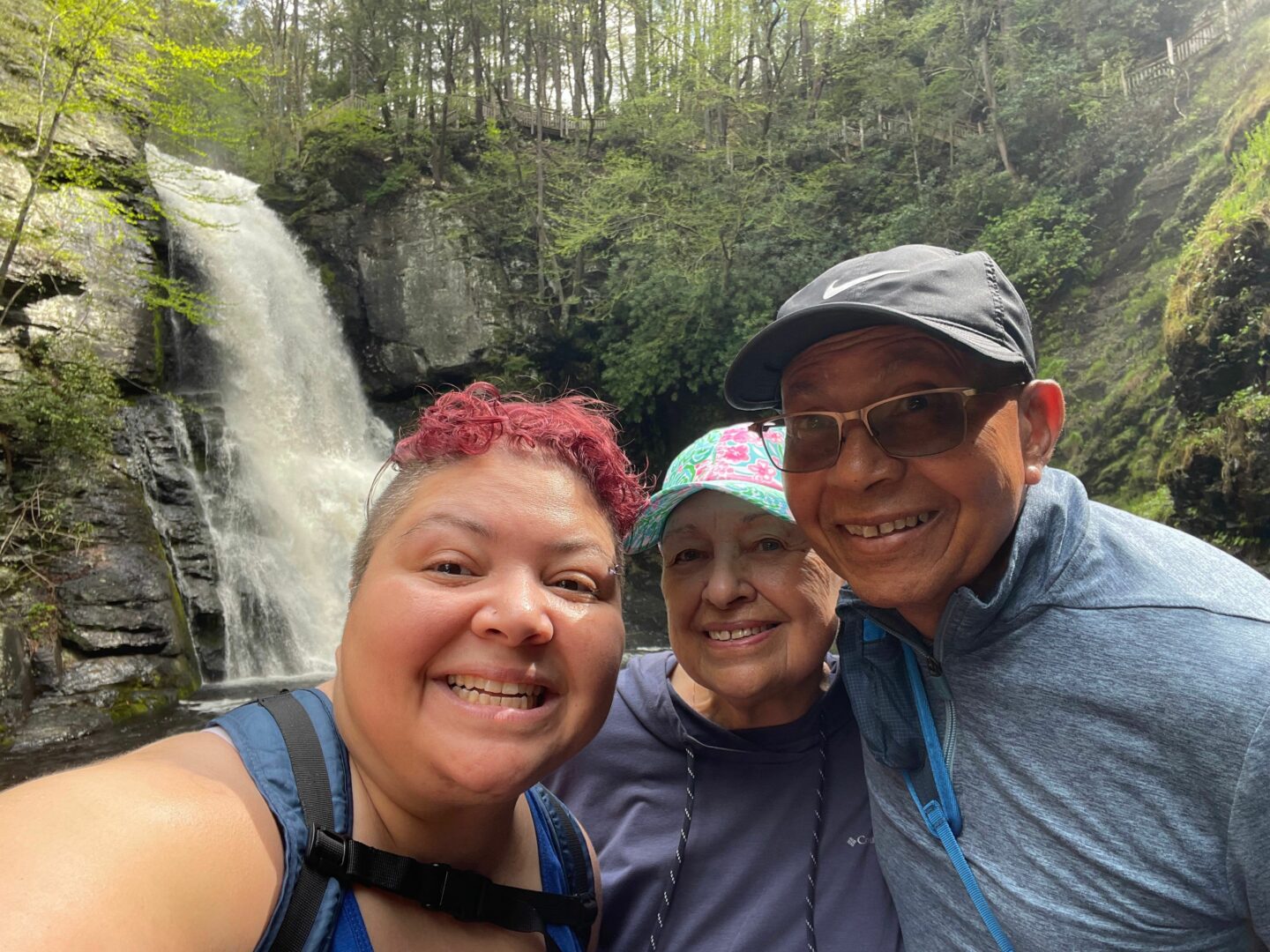
Alright so to wrap up, who deserves credit for helping you overcome challenges or build some of the essential skills you’ve needed?
In one of my first jobs, I worked in the same department as my mother! And she modeled what an assertive, yet compassionate, leader could look like. She was clear and direct in her communications, yet very kind to her colleagues. Despite that, some people in our department were taken aback with her directness, especially since she was a Latinx woman, and it wasn’t often that one encountered this kind of personality in the field. But she was respected and one always knew where my mother stood on topics. I strive to be honest and transparent–with my colleagues and the communities I work with–and I do so with compassion and love. What we often forget is that through love is how revolutions are made.
Contact Info:
- Instagram: yboricuay
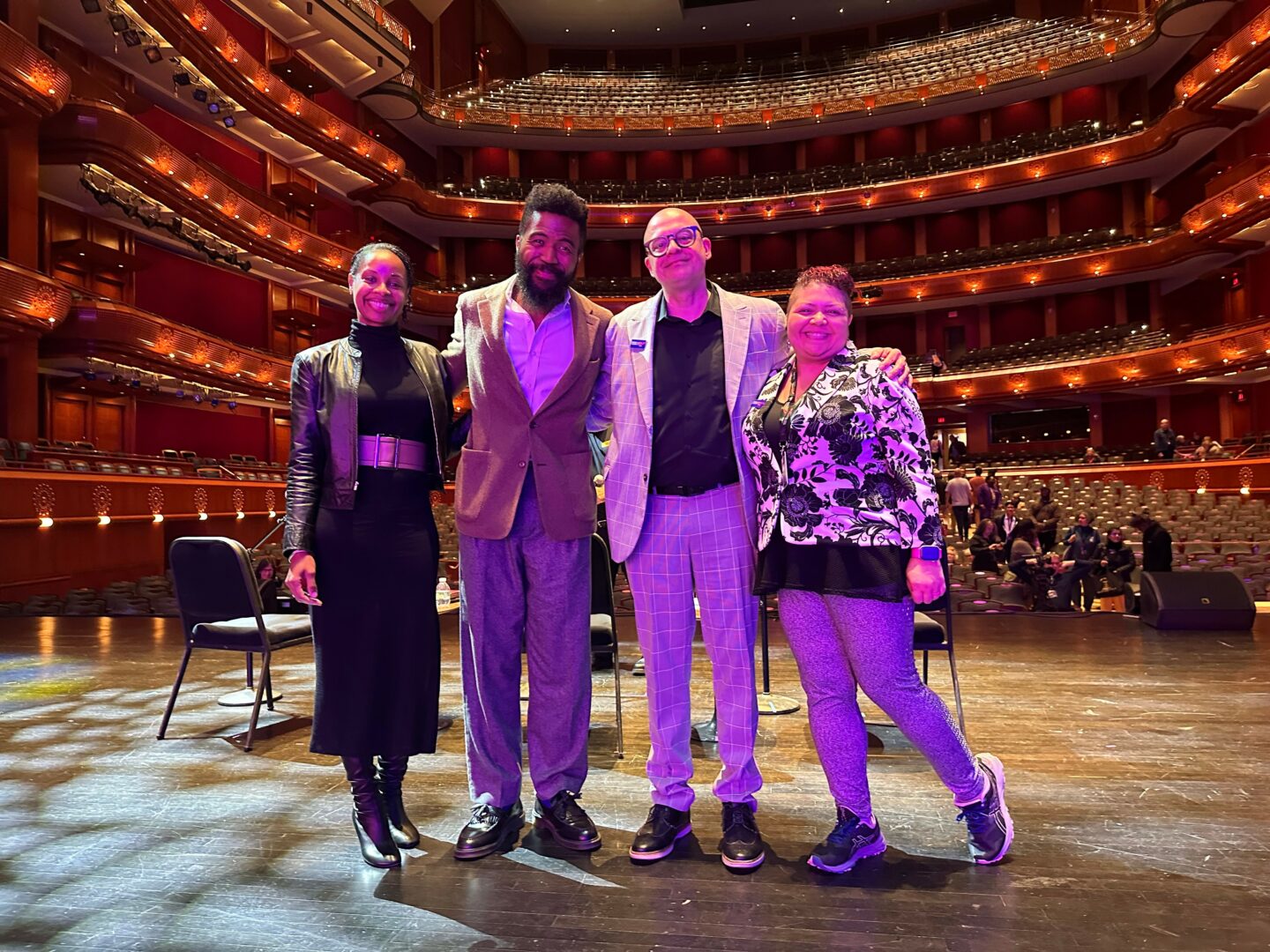
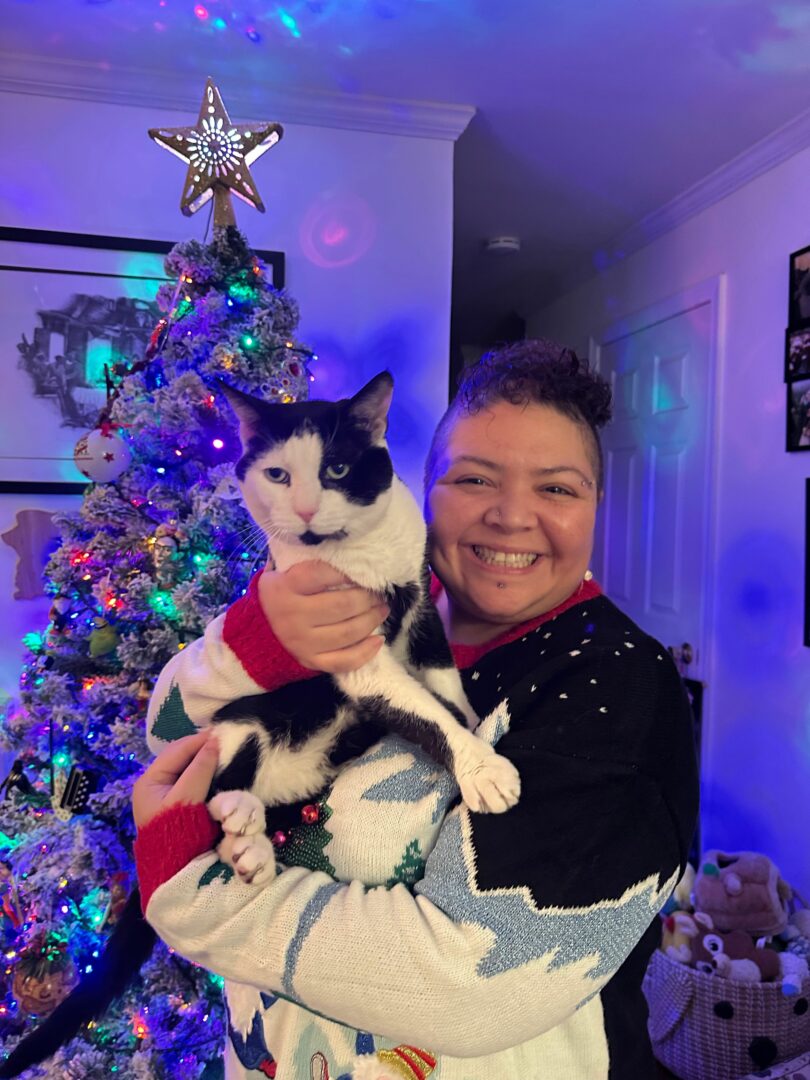
so if you or someone you know deserves recognition please let us know here.

